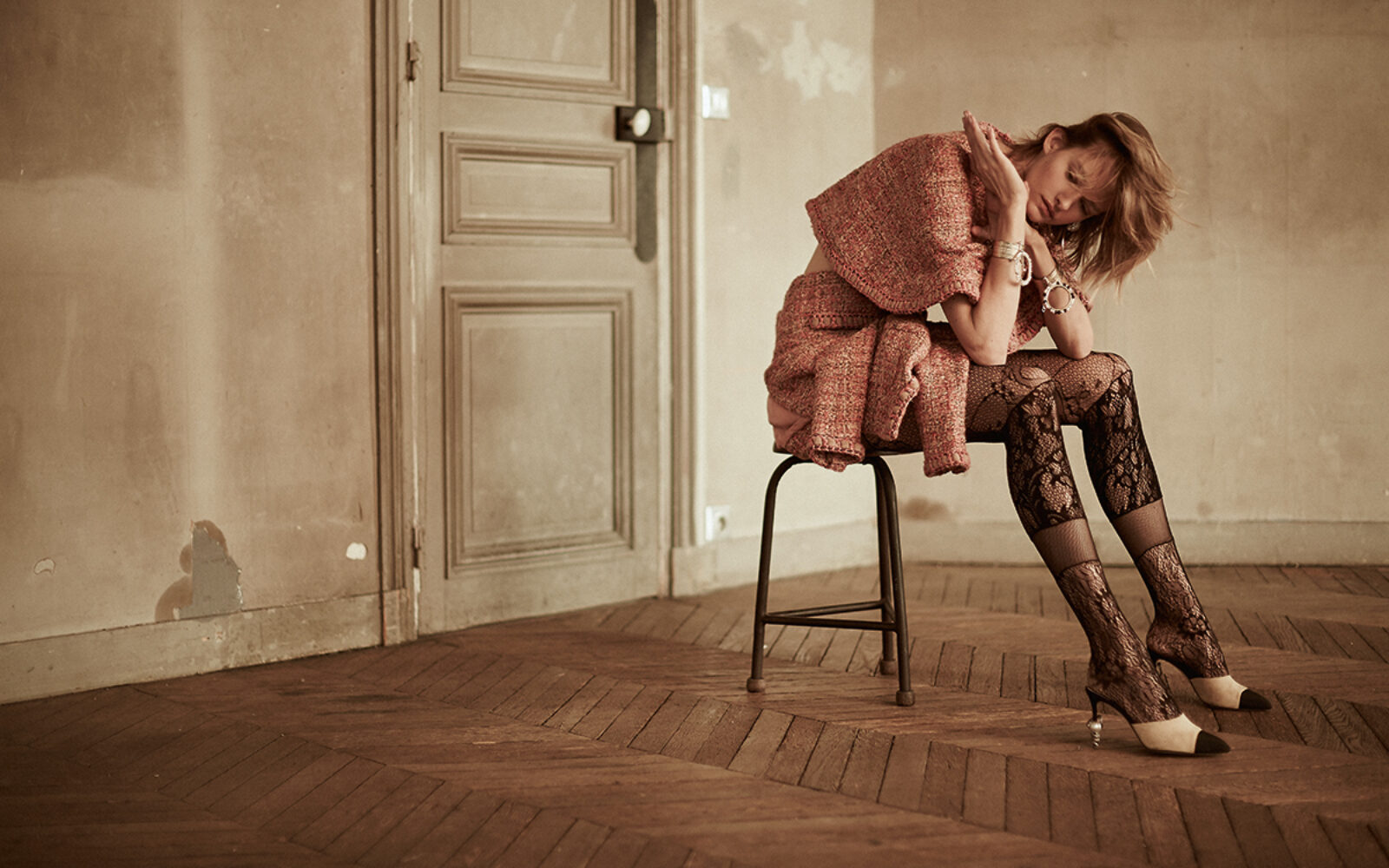In March 2020 the UAE National Program for Happiness and Wellbeing (NPHW) announced its national campaign for mental support, available for all residents of the UAE. The campaign was conceived to help tackle the psychological impacts caused by the spread of Covid-19. More than 50 experts in the fields of psychology, mental and social support have raised hands to help participate in the initiative. In going the extra mile, the NPHW have now announced the UAE’s free mental health hotline.
“If a person is naturally more anxious to begin with, they might reach their personal negative peak sooner than someone else who is calm and grounded,” explained Dr. Vedrana, clinical psychologist and senior wellness counsellor at NYU Abu Dhabi, when asked by MOJEH about the potential effects of extended periods of self-isolation and social distancing. “But we all go through ups and downs in different phases of confinement. It’s to be expected.” The UAE’s free mental health hotline has been created to tackle these very real moments of anxiety and unease.
The NPHW’s online initiative already consists of three components: Let’s Support, Together featuring daily online Q&A live sessions; Let’s Reassure, Together which is a series of short, focused, awareness-raising videos providing information on the means to build coping skills and mental resilience; and Let’s Talk, Together, providing a series of virtual support groups.
The UAE’s free mental health hotline can be reached via 800-4673 (Hope) free of charge and is available in both English and Arabic. Daily sessions with the NPHW experts will be broadcast from 8.30pm via the NPHW social media channels.
“It’s also worth reminding ourselves that our individual actions and the personal struggles we are experiencing are a valuable contribution to the greater good of the human race. Our efforts are all worth it, and this situation is not going to last forever,” Dr. Vedrana reminds us.
Read Next: How anxiety became a modern epidemic





